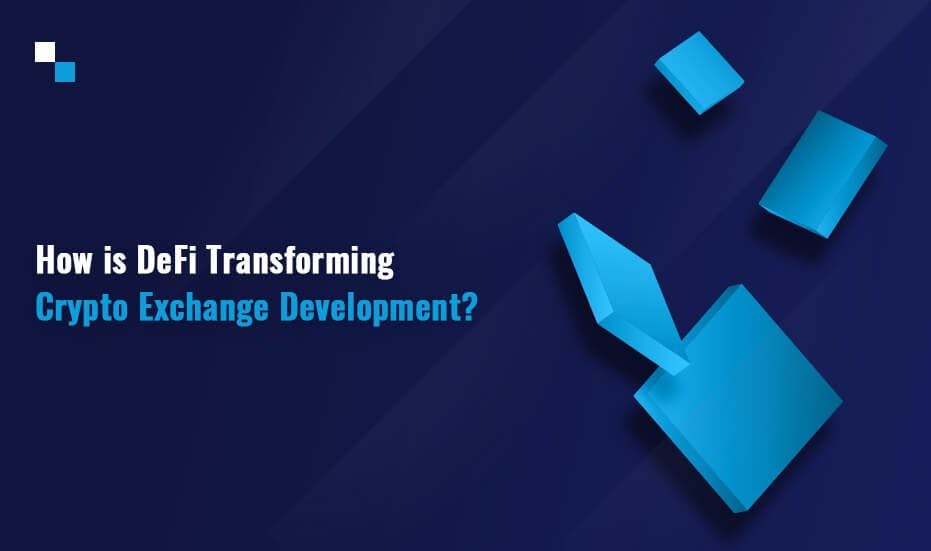432 reads
DeFi, DEXs, and the Growth of Cryptocurrency Trading Platforms
by
June 7th, 2022
Audio Presented by

Content Strategist & Tech Journalist | 4+ years in content creation | Expertise: PR, AI/ML, Finance, Tech |
About Author
Content Strategist & Tech Journalist | 4+ years in content creation | Expertise: PR, AI/ML, Finance, Tech |
